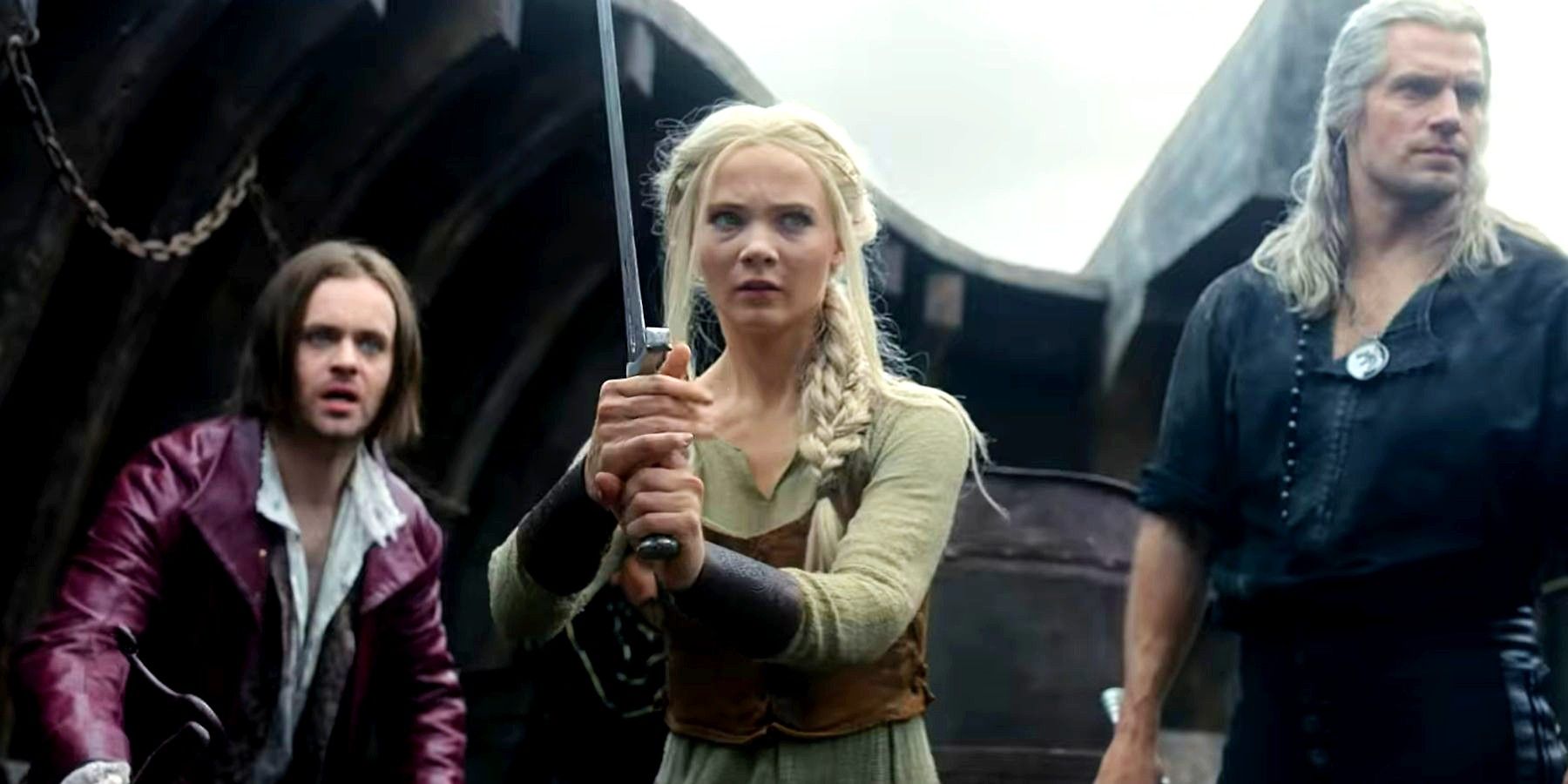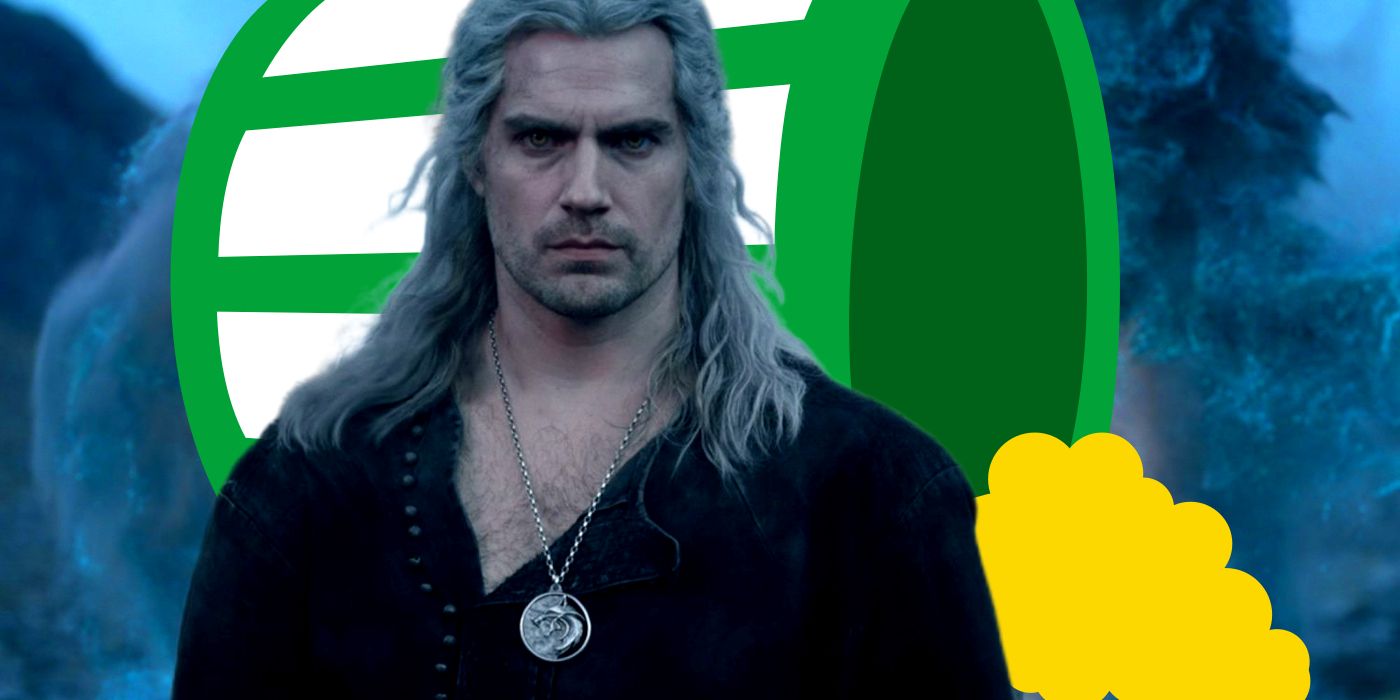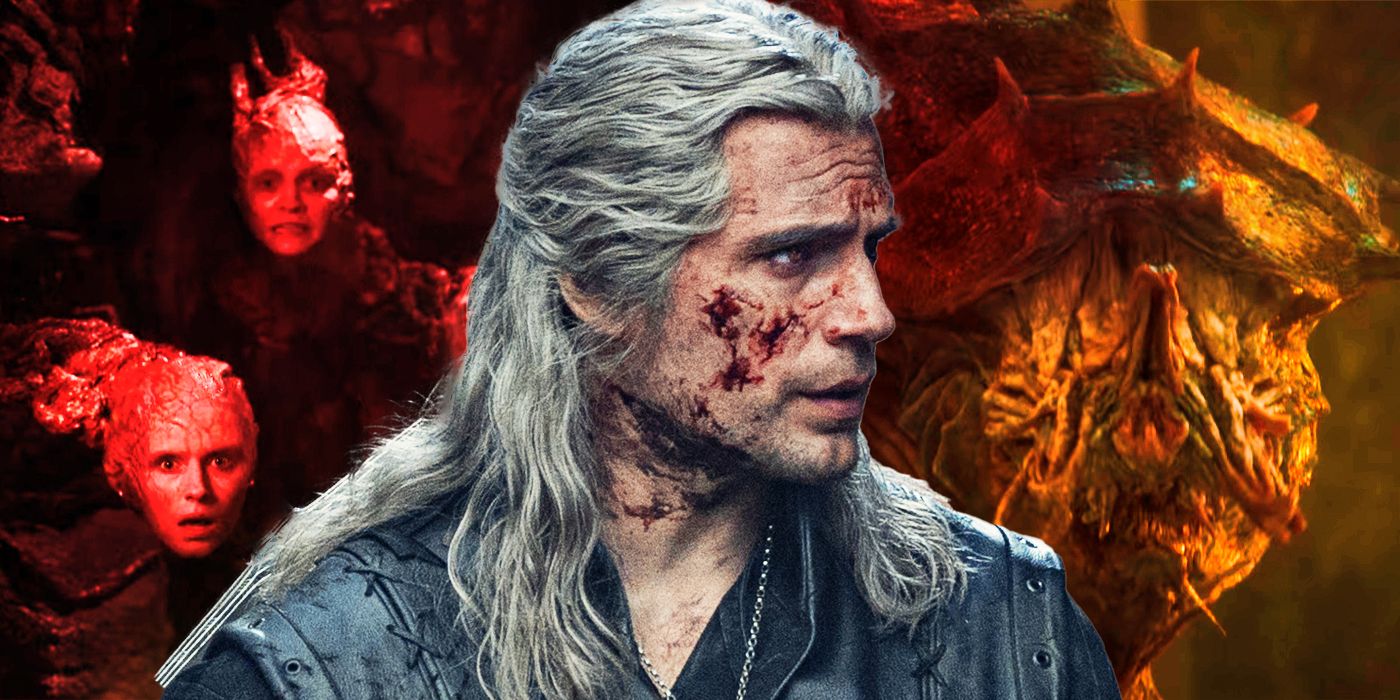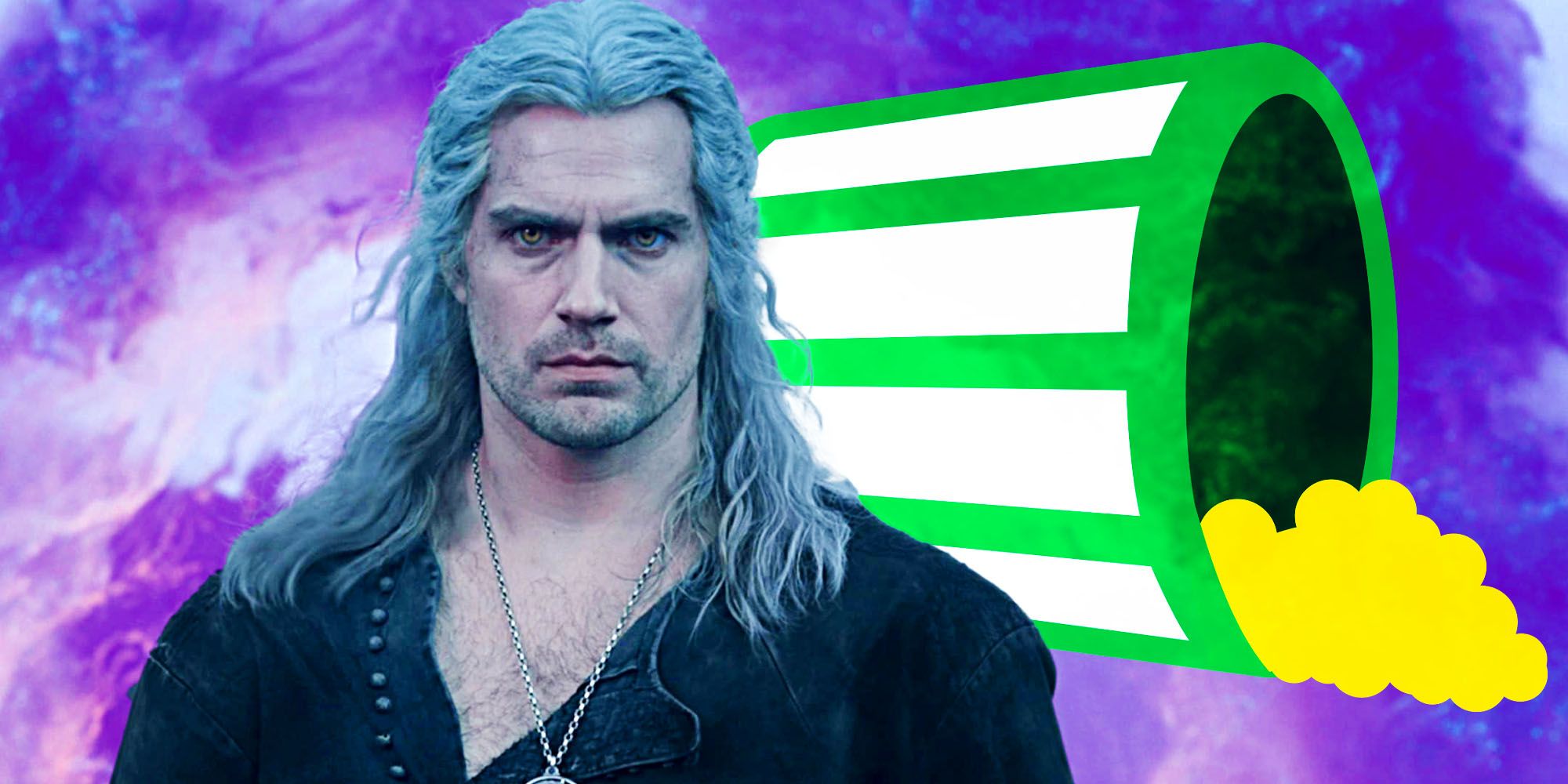
The Witcher Producers Reveal Bold Twist: Uncover the Secret Behind the Simplified Plot!

Producers of The Witcher season 3 stand by their plot decisions despite audience criticism Find out why the Netflix show's creative choices have sparked debate among viewers
Highlights
Producers of Netflix's The Witcher defend oversimplified plot points by pointing to the diverse audience and the need to cater to a wide range of viewers.
The show's decision to prioritize simplification of the plot sacrifices both the intricate details of the source material and the profound political layers that exist within The Witcher's world.
In defense against criticism regarding The Witcher's oversimplified plot points, producers now cite the audience as the underlying cause.
Since its debut, Netflix's The Witcher has faced challenges in its relationship with viewers. Season 1 introduced multiple timelines, resulting in numerous viewer complaints about confusion. Season 2 also provoked debates as fans claimed the storyline deviated from the original books. Now, with the news of Liam Hemsworth replacing Henry Cavill before his contract expires, fans have reached their limit. Each season, book enthusiasts eagerly tuned in, hoping the writers would uphold their promise and remain true to the source material. Unfortunately, it seems this was an exercise in futility.
Spirits are so low that even producers have seemingly given up on defending themselves against these complaints. Producer Tomek Baginski explained in no uncertain terms why The Witcher didn't remain more faithful to Andrzej Sapkowski's books. In an interview with the Polish website Wyborcza, Baginski addressed concerns about the television show simplifying plot lines taken from the books. Redanian Intelligence, a reliable source for all things related to The Witcher, covered the conversation.
Baginski explained that when creating a series for a large, diverse audience, including many Americans, it is necessary to simplify certain aspects. Although this process can be painful, it is essential to ensure a wider reach. Baginski admitted that there may have been times when they went too far in simplifying plotlines, but emphasized the importance of this approach.
In The Witcher, the focus was not heavily placed on the region's politics, despite the show centering around a continent-wide war. The conflict between Nilfgaard and other territories was condensed to Emhyr's desire for control, without delving into why he was one of the most villainous characters in The Witcher or exploring his origins as The White Flame. Similarly, Redania received minimal attention, even though prominent character Spymaster Dijkstra was featured. Only a fraction of this formidable and iconic character's story made it onto the screen.
The Witcher can be seen as a lighter version of Game of Thrones in many ways. While it may not delve as deeply as George R.R. Martin's novels, Game of Thrones was known for its complicated plot lines centered around political intrigue and war. However, considering the history of The Witcher, it is understandable why the show's creators took this approach. Season 1 was an intriguing experiment that skillfully intertwined storylines, becoming more captivating with each viewing. The first episode cleverly laid the groundwork for the non-linear season, albeit in a somewhat heavy-handed manner.
After receiving criticism from fans about the need for a clearer timeline in The Witcher, it was only natural for Baginski and other producers to simplify the complexities of the world. If viewers struggle to maintain their interest over eight episodes, it would be unreasonable to expect them to follow an increasingly intricate political situation in future seasons.
The Witcher seasons 1-3 are currently streaming on Netflix.
Source: Wyborcza (via Redanian Intelligence)














